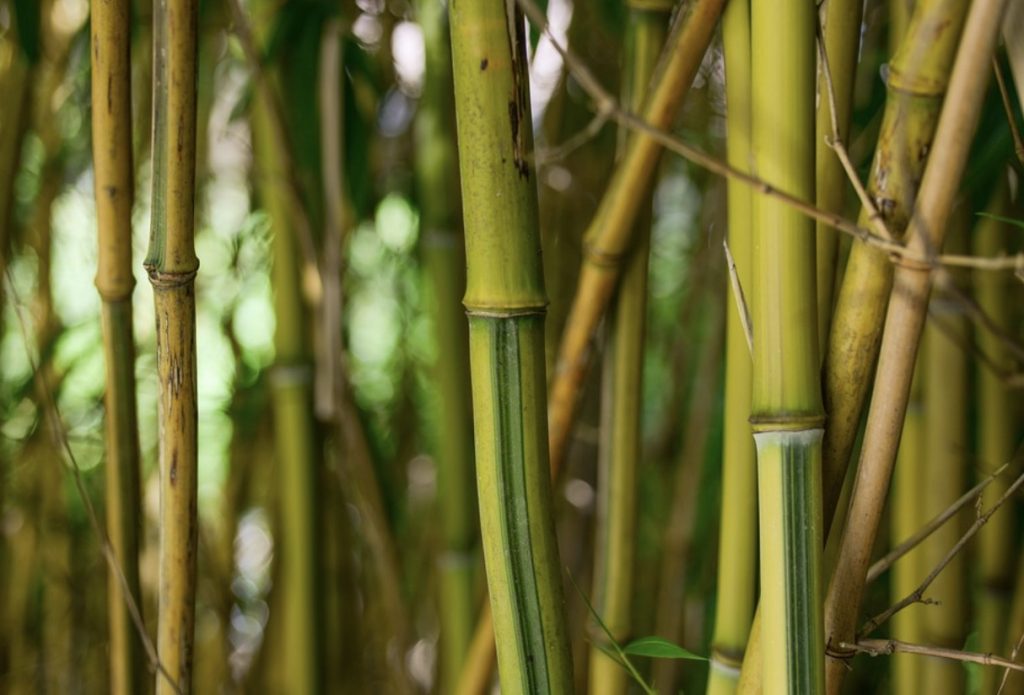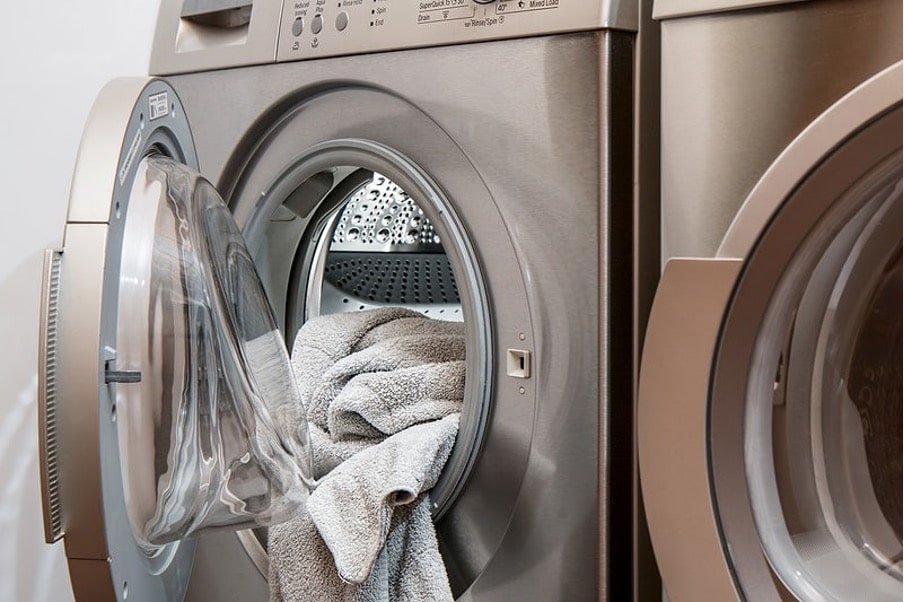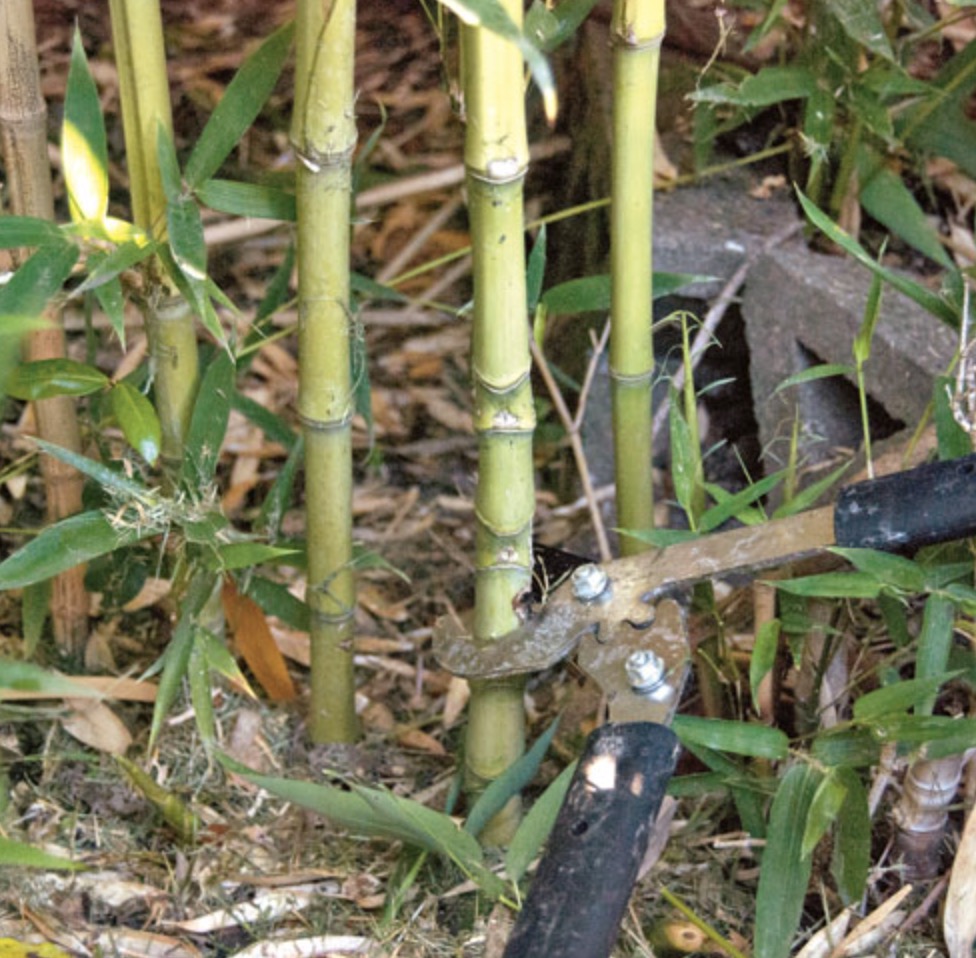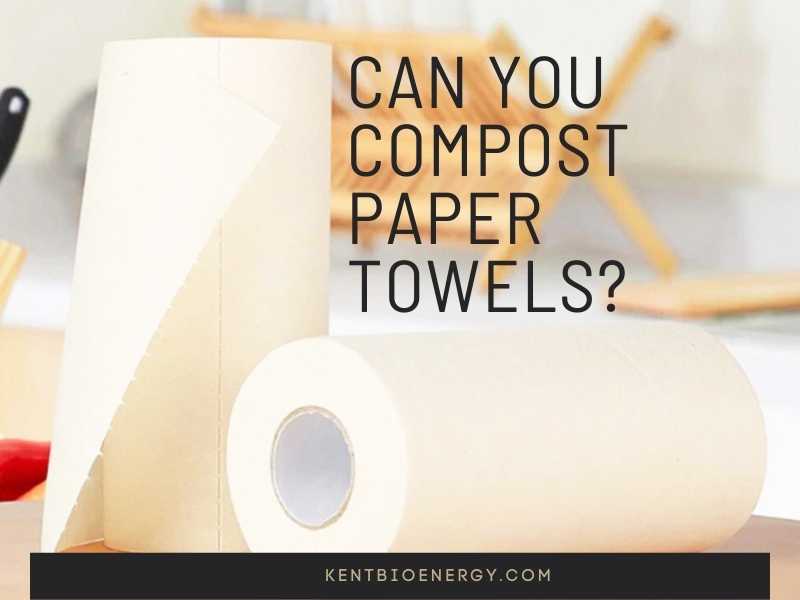Utensils – the must-have products in every kitchen that directly affect the quality of the food you cook every day. Bamboo, silicone, and stainless steel are three of the most common utensil materials. Yet, which one is the perfect one that best benefits your family’s health?
Let’s check out the result of the battle amongst bamboo vs silicone vs stainless steel utensils and pick out your best companion! Scroll down now!
Pros And Cons Of Bamboo Utensils:
a. Pros
- Environmentally Friendly
The eco-friendliness of bamboo material makes it popular and preferable for many customers. As a member of the grass family, full-grown bamboo can be cut to make products without harming the other parts; it can still grow back.
Not only is bamboo a renewable source, but it is also an ample source due to its fast growth and appearance in many parts of the world like China, Vietnam, Japan, etc.
Since bamboo utensils are authentically made of natural material, they can surely decompose and get back to nurture the soil where it came from. You won’t have to worry about the plastic waste issue anymore!
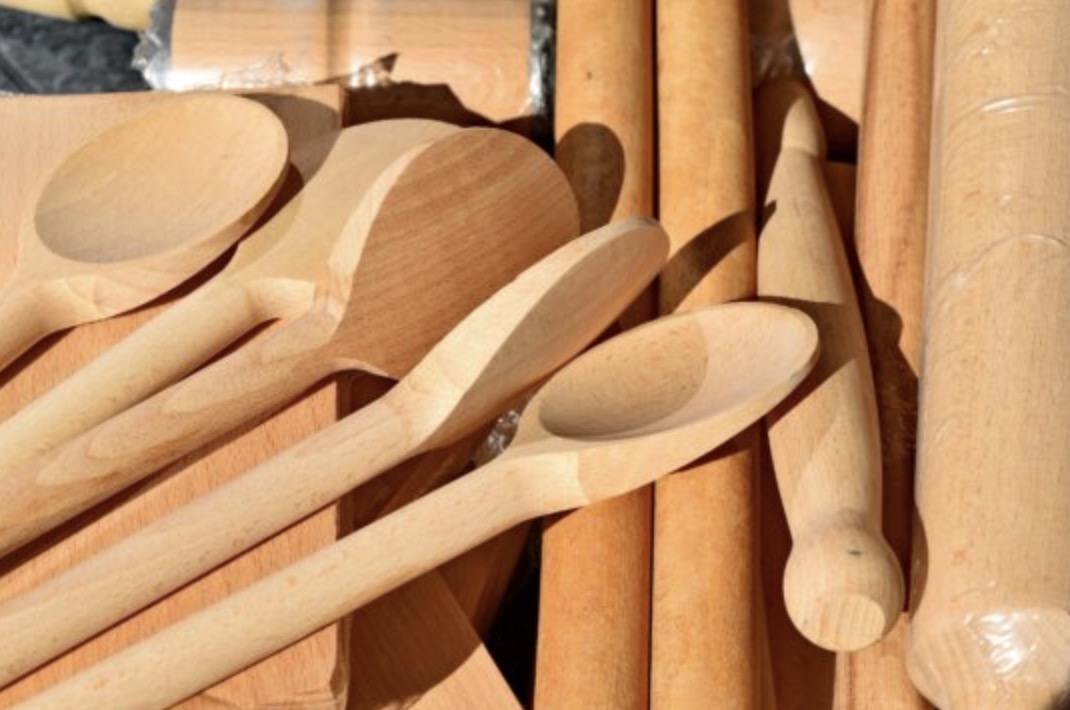
- Affordable
The simplicity of growing and manufacturing and the abundance of bamboo contribute a lot to its affordable price. Resulting from that fact, bamboo tools are much cheaper than stainless steel or other mental products, making them one of the most budget-friendly items!
- Safety When Using
Bamboo does not conduct heat at all. Even if you leave the tools on a hot surface for a long time, you don’t have to worry about the tool getting burnt!
This material also has stain and odor resistance, thanks to its natural characteristics. Hence, it will not affect your food, nor do it absorb the terrible smell after use.
b. Cons
- Destructible
Bamboo utensils do break since they are not as strong as stainless steel or flexible like silicone. Any tough touch, bending, or dropping can damage the utensil.
- Non-Dishwasher safe
Dishwashers can cause damage to your bamboo utensil. Ensure that you avoid washing this item with the dishwasher, or it will soon crack or split.
Pros And Cons Of Stainless Steel Utensils
a. Pros
- Recyclable
Stainless steel is a mixture of metal that is recyclable. Thus, by using stainless steel, you are supporting a better environment!
It is highly recommended that you send them to a recycling factory after a certain amount of time. They will melt these products and shatter them into the market again!
- Durability
Apparently, stainless steel is one of the enduring materials in the whole world. This utensil is mainly made from iron, carbon, chromium, etc., making it extremely durable.
Another plus to these utensils is their remarkable corrosion and rust resistance, allowing you to use them for various applications without concern about their breaking and bent.
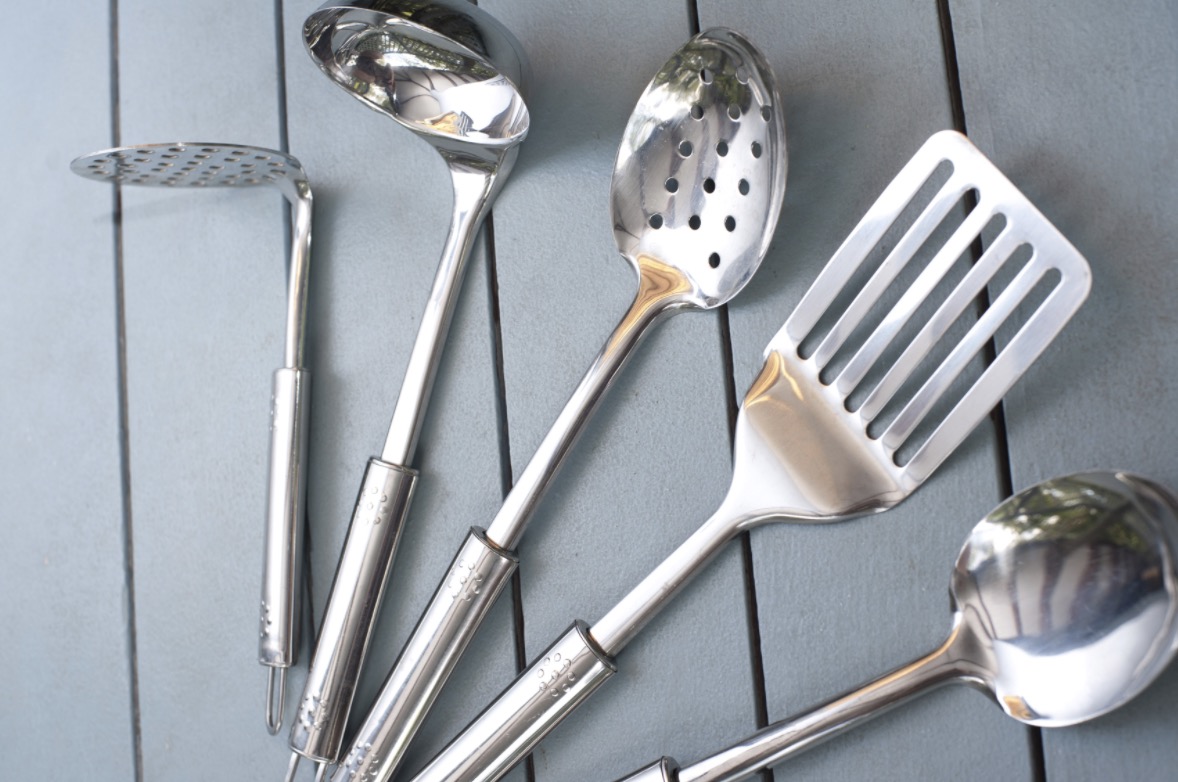
- Availability
Stainless steel’s popularity grows rapidly due to the advantages it brings to the customers. It is very easy to find and purchase stainless steel in almost every supermarket or store.
Coming in numerous shapes and forms, they will surely grasp your attention and satisfy your needs.
b. Cons
- Expensive
Due to its durability, a high-quality stainless steel set of utensils is more costly than other utensil materials. Though you can purchase a cheaper one, the quality might not be as good as you expect.
- Can Damage Cookware
Sometimes, the hardness of stainless steel can scratch the bottom of your cookware. Unless you are very careful, you possibly need to regularly replace kitchen items due to scratches caused by the utensil.
Besides, these tools are also easy to get scratches. A sharp knife or a scissor can leave long and unattractive cuts on the surface of the tools.
Pros And Cons Of Silicone Utensils
a. Pros
- Heat Resistance:
You can put silicone utensils in the oven or dishwasher, as they are totally safe in hot air. This material can withstand temperatures up to 400 F degrees, so you won’t have to worry that heat will deteriorate your items and affect the food!
- Easy To Clean And Maintain:
It is no other than a piece of cake when it comes to washing and maintaining silicone tools. You can put it in the dishwasher and take no effort to clean it thoroughly!
After baking, molds from metals, woods, or glass items require many steps to clear all the dirt away. This is not the case with silicone, as users can save tons of time and effort in the cleaning process thanks to its non-stick surfaces.
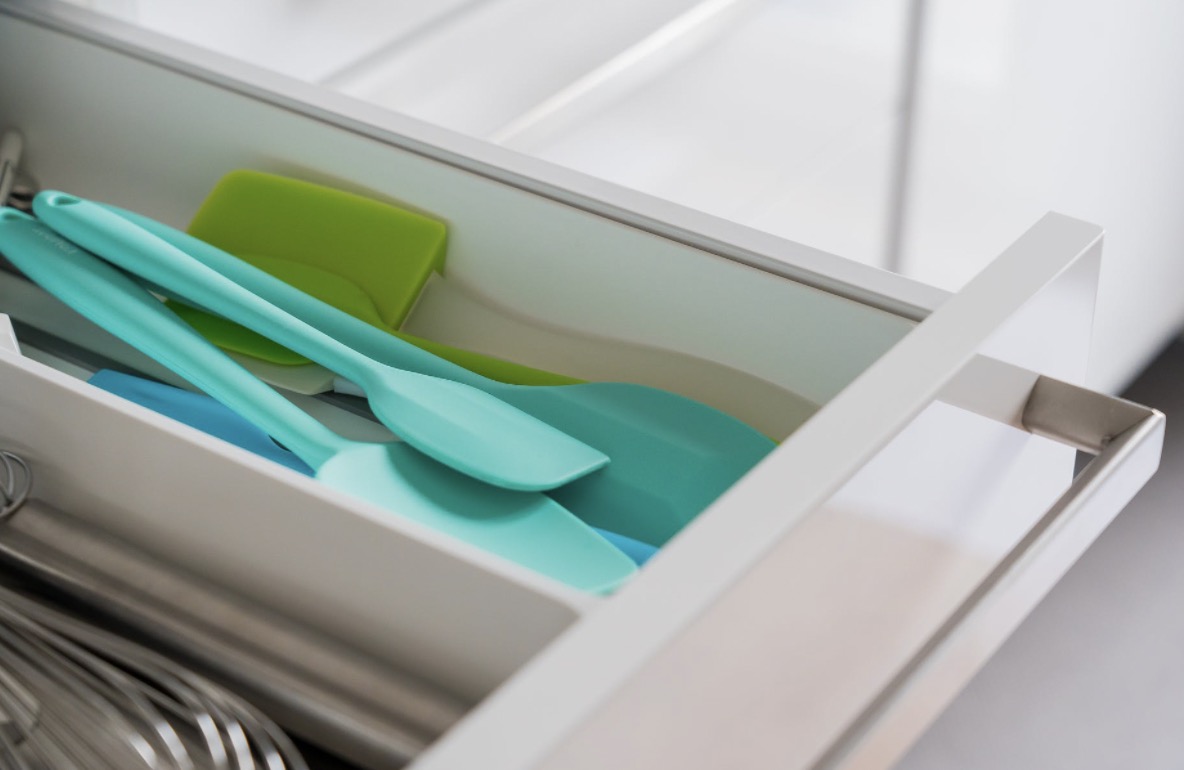
- Durable And Recyclable:
Silicone kitchen tools won’t break, scratch, shatter, and they will probably last forever! The rubber-like material also makes them more flexible and easy to utilize. Even though silicone is non-biodegradable, it can be recycled and reformed into other products if you send them to the right place.
b. Cons
- Plastic Fillers
Silicone utensils are made from oxygen molecules and silicon. To reduce the cost, some manufacturers add plastic filler inside the utensil during the production process. Yet, poor-quality silicon tools are toxic if exposed to high temperatures.
- Hazardous
It is still a hot topic whether silicone harms human health or not, as the silicon particles may get into the food during the cooking process. There are also no trustworthy tests on this problem, so be scrupulous when picking and using silicone products!
Which Is The Most Appreciable One?
The three mentioned utensils are perfect in their own way. If you want to figure out the best option according to certain aspects, here are what you need to consider:
Heat Resistance
All of them deal very well with heat when cooking. Still, the most outstanding is the stainless steel one! While silicone and bamboo might get damaged when directly exposed to fire, stainless steel only gets a little darker without affecting its quality.
Price
Price is the main concern of many customers while purchasing new utensils. Silicone tools are the most affordable amongst the three, then comes the bamboo, and the most expensive is stainless steel.
You can rest assured that the price does not affect the quality at all! In detail, the gaps in the price come from the ingredients, the popularity, and the manufacturing process. In order to create stainless steel utensils, it requires lots of time and effort, so they are certainly more costly than others.
Flexibility
When it comes to flexibility, silicone once again is the champion. Its components allow it to be shaped in numerous shapes and styles. We can bend, crush this item without worrying whether it will break or deform. On the other hand, bamboo utensils can crack, and stainless steel easily gets scratches.
Environmentally Friendly
Regarding eco-friendliness, bamboo utensils are the best option as they are completely natural and biodegradable! Growing bamboo can also help reduce pollution and bring green scenery.
It would be best if you also consider your kitchen condition to choose the most suitable kitchen set!
Is Bamboo Good For Cooking Utensils?
Indeed, bamboo is safe for cooking utensils. It is antibacterial and antifungal, which will keep your items toxin-free and clean.
These bamboo-made tools are safe for your cookware and won’t scratch the surface of the utensils. This means that bamboo-based items won’t leave any mark on your pressure cooker or frying pan when you scoop rice or stir your dishes.
Unlike bamboo, metal-based items are quite tough that can scrape the non-stick coating off your pan. Utilizing this type of utensil can bring about quite serious consequences in the long run, as noxious material will pervade into food and cause unexpected diseases for you.
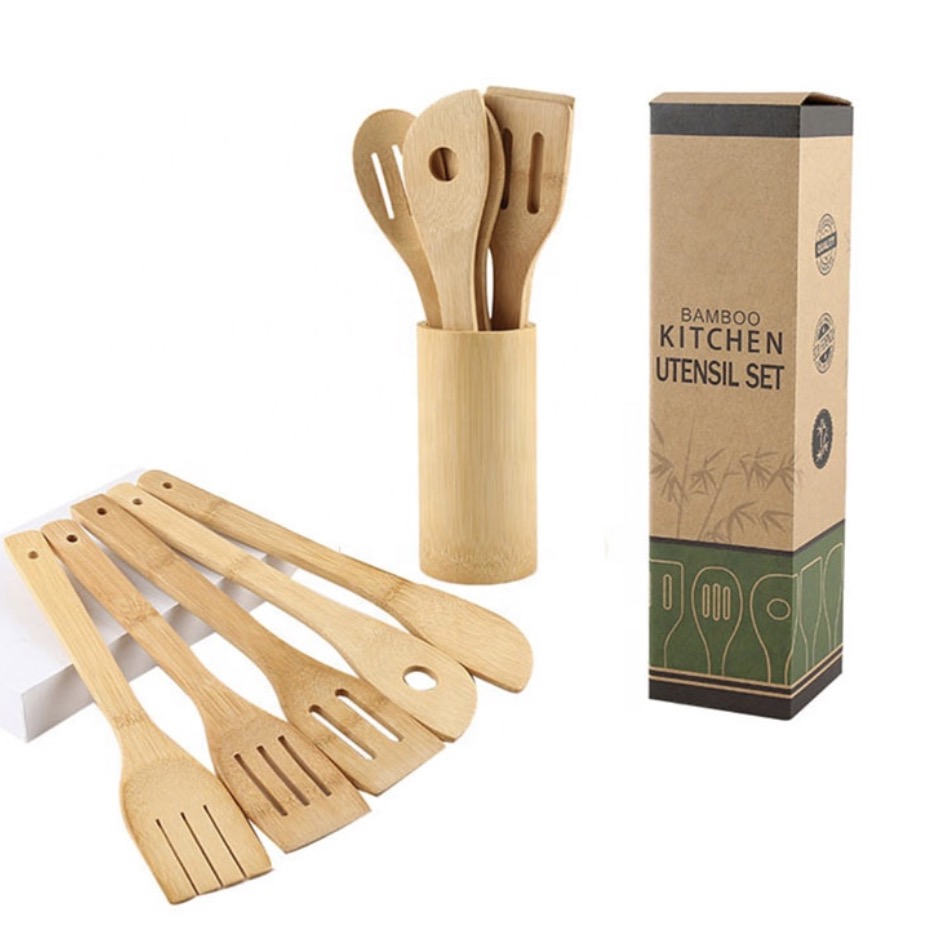
How To Care For Bamboo Kitchen Tools
Cleaning
You can clean bamboo items just like how you clean silicone and stainless utensils. Washing them in hot water or with soap is totally fine. We highly recommend you wash them after each use and avoid leaving them in water for a long time.
Bear in mind that the hot air in the dishwasher is not good for your bamboo at all since it will shorten the longevity and quality of bamboo utensils.
Sometimes, you can deep clean it by adding white vinegar or a piece of lemon in the washing process.
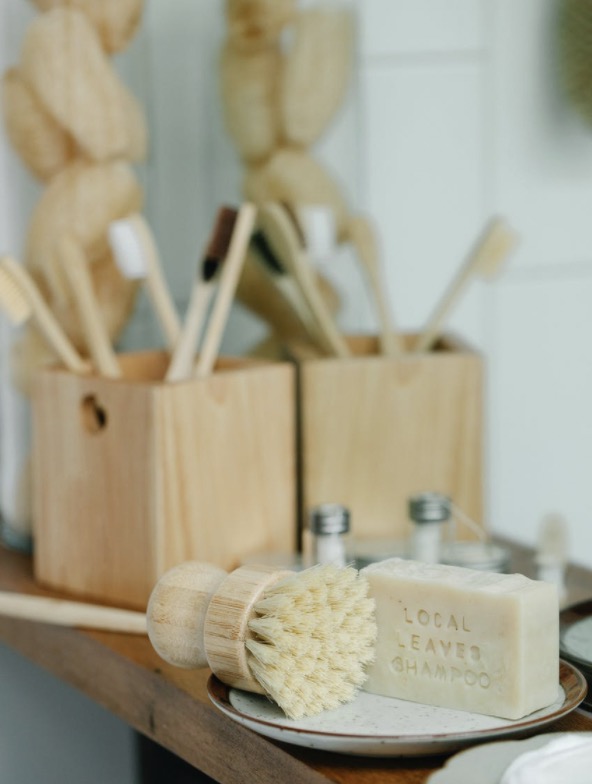
Maintaining
After being used for a certain period, these bamboo cutleries may start to wear out or get dry. If so, it’s time to oil them!
You can use a cloth soak with the oil (coconut or minerals) to rub all over the utensils. Then, leave it there for 1-2 days for the best result. Your utensils will surely look nice and new once again!
Storing
Remember to keep bamboo products in a well-ventilated place and get rid of the extreme temperatures to avoid cracking or breaking.
What’s more? Bamboo cutlery can change color over time, which is normal as there is no chemical in these items.
FAQs
Question 1: Can I Wash My Bamboo Utensils In The Dishwasher?
You can put your bamboo utensils in the dishwasher, but we do not recommend you to do so! This way, your tools will wear out very quickly, and the quality is also affected due to the high temperature inside the dishwasher.
Question 2: Is It A Must To Oil Bamboo Utensils?
It is not necessary to oil the bamboo tools. Yet, if you oil them periodically, you can extend their endurance and keep them in good condition for a much longer period. Oil is just like a “moisturizer” to the utensils since it helps to prevent dehydration.
Question 3: Can You Reuse Bamboo Utensils?
Of course, the utensils are reusable. You can reuse it as much as you want if they are in good condition with proper care. They can even last for years, and you will not bother replacing a new one!
Question 4: Are Bamboo Utensils Good For Our Environment?
Bamboo, which is completely reusable and biodegradable, is one of the most eco-friendly materials. Certain bamboo trees can grow up to 910 mm in a day. That’s why these chemical-free items are ideal for the environment-lovers.
Conclusion
Every material has both advantages and downsides; the three above materials are no exception. To choose the most suitable one, all you need is to read the article above thoroughly and take note of all important aspects of each. If you value eco-friendly products, apparently, bamboo utensils are the ultimate choice for you!
We hope that this comparison of bamboo vs silicone vs stainless steel utensils can help you save your time and effort to find a suitable product!
Help Us! Share on:




